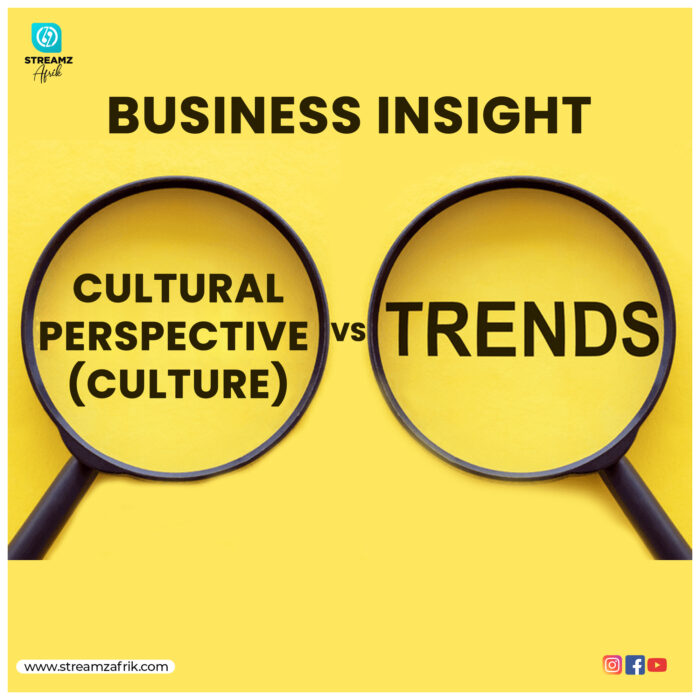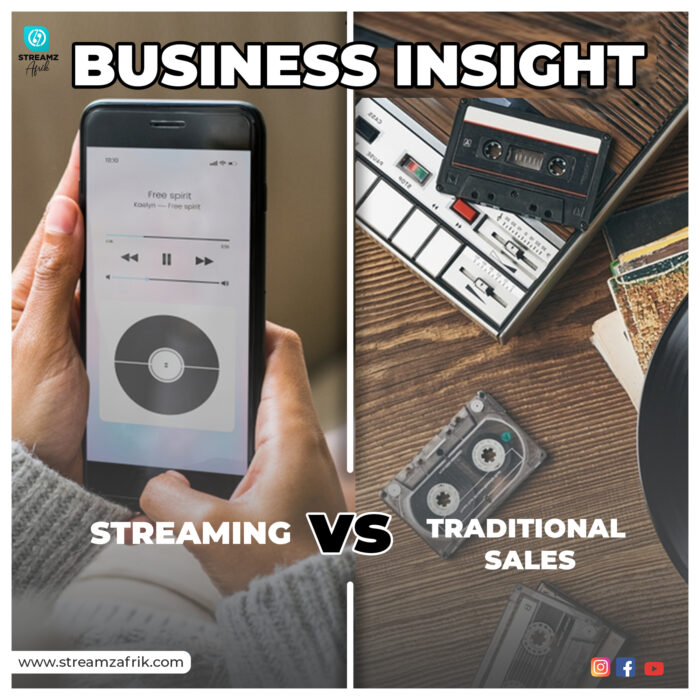The music industry is a complex space where art and commerce intersect, giving rise to a dynamic interplay between cultural perspectives and industry trends. This intricate relationship shapes how music is created, marketed, and consumed, often accentuating the contrast between cultural authenticity and commercial viability.
CULTURAL PERSPECTIVE IN MUSIC
Cultural perspective in music delves into the values, traditions, and expressions of a specific community or group. Rooted in cultural identity and heritage, music is a powerful medium for storytelling, preserving history, and fostering social cohesion. It embodies tradition and style, encapsulating a people’s collective memory and experiences. Passed down through generations, it retains its fundamental elements while also allowing for organic evolution.
TRENDS IN THE MUSIC BUSINESS
The music business is propelled by market dynamics, technological advancements, and consumer preferences, shaping a highly competitive and commercialized industry where profitability often influences artistic decisions. Trends in the music business are impacted by various factors, including:
Technological Innovation: The advent of streaming platforms, digital downloads, and social media has transformed the distribution and consumption of music, emphasizing immediacy and accessibility.
Globalization: The internet’s global reach facilitates the cross-cultural exchange of music, leading to the fusion of genres and the emergence of global pop stars. However, it also bears the risk of homogenizing musical tastes.
Marketing and Promotion: Music is strategically marketed to maximize appeal and sales, often prioritizing catchy, radio-friendly songs that may lack cultural depth. Major labels heavily invest in branding and promotion, occasionally overshadowing independent and culturally rich music.
DISPARITIES BETWEEN CULTURAL PERSPECTIVE AND MUSIC BUSINESS TRENDS
The convergence of cultural perspective and music business trends often exposes disparities that can pose challenges:
Cultural Appropriation: The commercialization of culturally specific music can lead to appropriation, where elements of a culture are superficially utilized without proper understanding, respect, or credit, diluting cultural significance and misrepresenting the original context.
Artistic Authenticity vs. Commercial Success: Artists with culturally rich backgrounds may encounter pressure to conform to mainstream trends to achieve commercial success, potentially compromising their artistic integrity and eroding traditional music forms.
Market Dominance: Major markets such as the U.S. and Europe often dictate global music trends, marginalizing music from less commercialized regions and limiting exposure to diverse cultural perspectives.
Economic Disparities: Artists from economically disadvantaged regions may struggle to compete in the global music industry due to limited resources for production, marketing, and distribution, creating an economic barrier that restricts culturally significant music from reaching a broader audience.
STRIVING FOR BALANCE
Despite these disparities, it is imperative to work towards bridging the gap between cultural perspective and music business trends. Initiatives to support independent artists, preserve traditional music, and promote cultural diversity play a crucial role in showcasing diverse musical talents and fostering an appreciation for different cultural perspectives.
Furthermore, while technology presents challenges, it also offers opportunities for culturally specific music to reach global audiences without relying solely on traditional music business structures. Platforms like YouTube and crowdfunding sites empower artists to retain creative control and directly connect with fans.
CONCLUSION
In conclusion, the juxtaposition of cultural perspectives and trends in the music business underscores the ongoing endeavor to balance artistic integrity with commercial success. Addressing this requires a concerted effort to value cultural diversity, support independent artists, and create equitable opportunities within the music industry. By recognizing and respecting the rich tapestry of global musical traditions, the music business can evolve in a manner that honors cultural heritage while embracing innovation and inclusivity.








